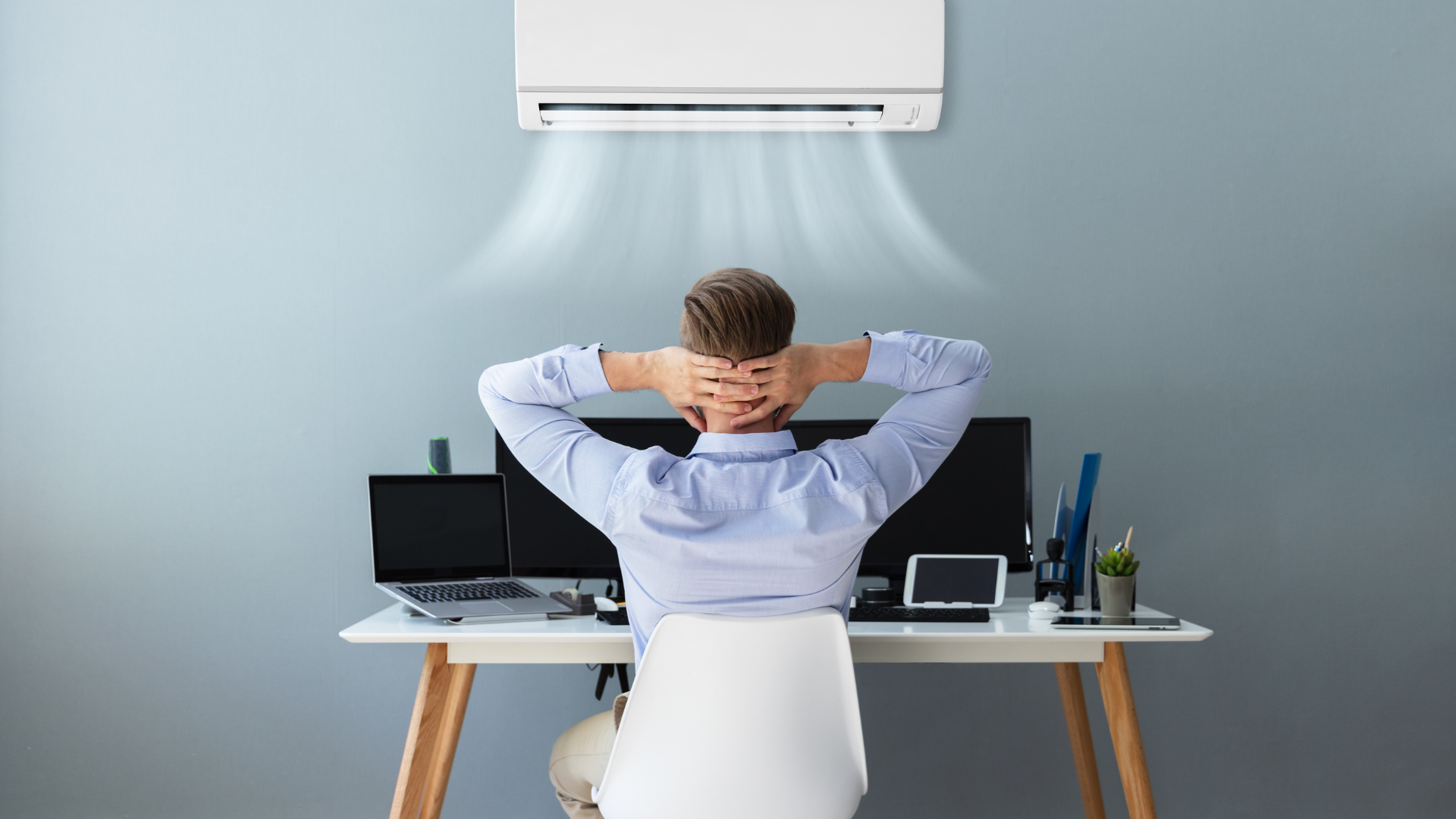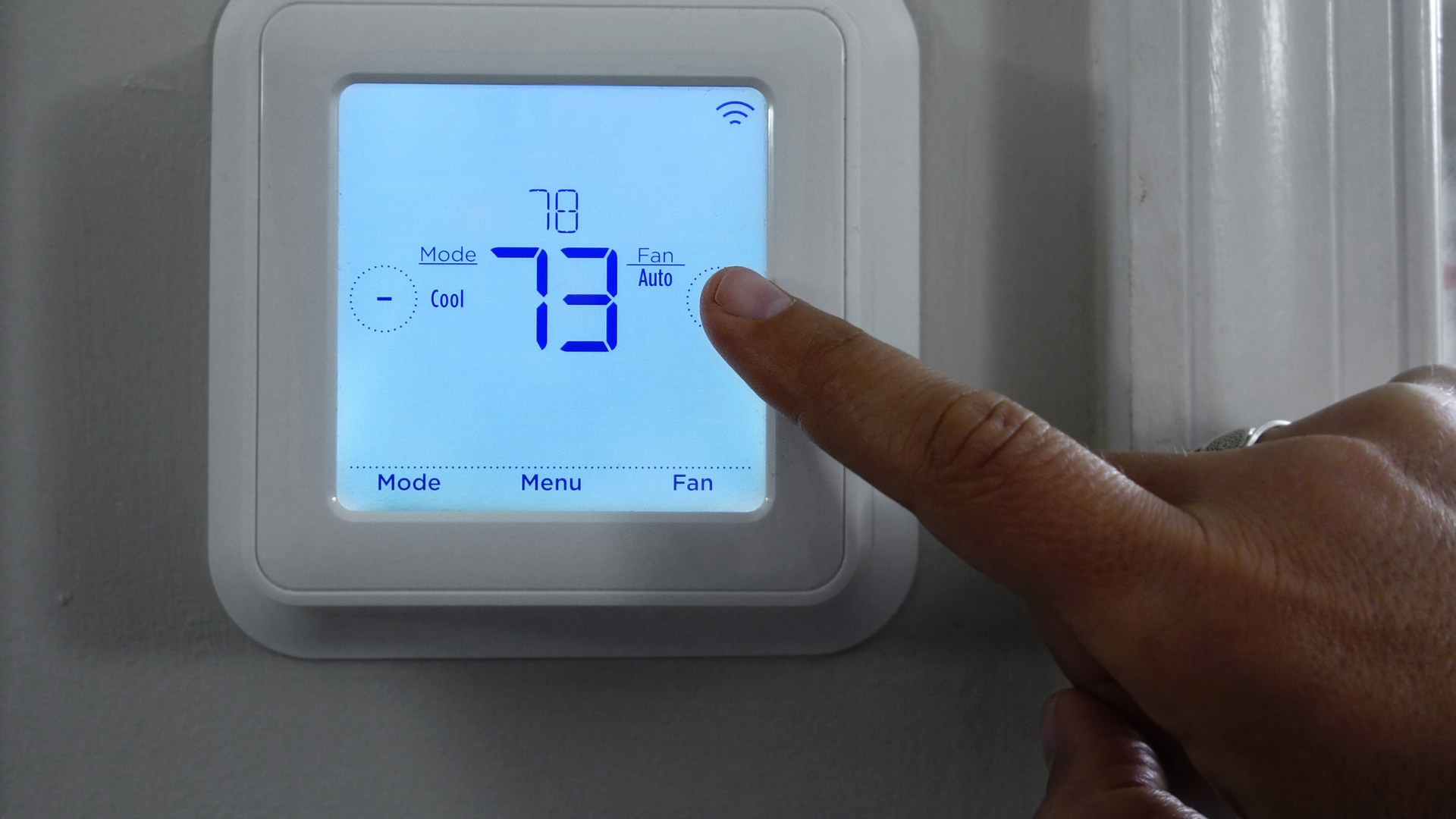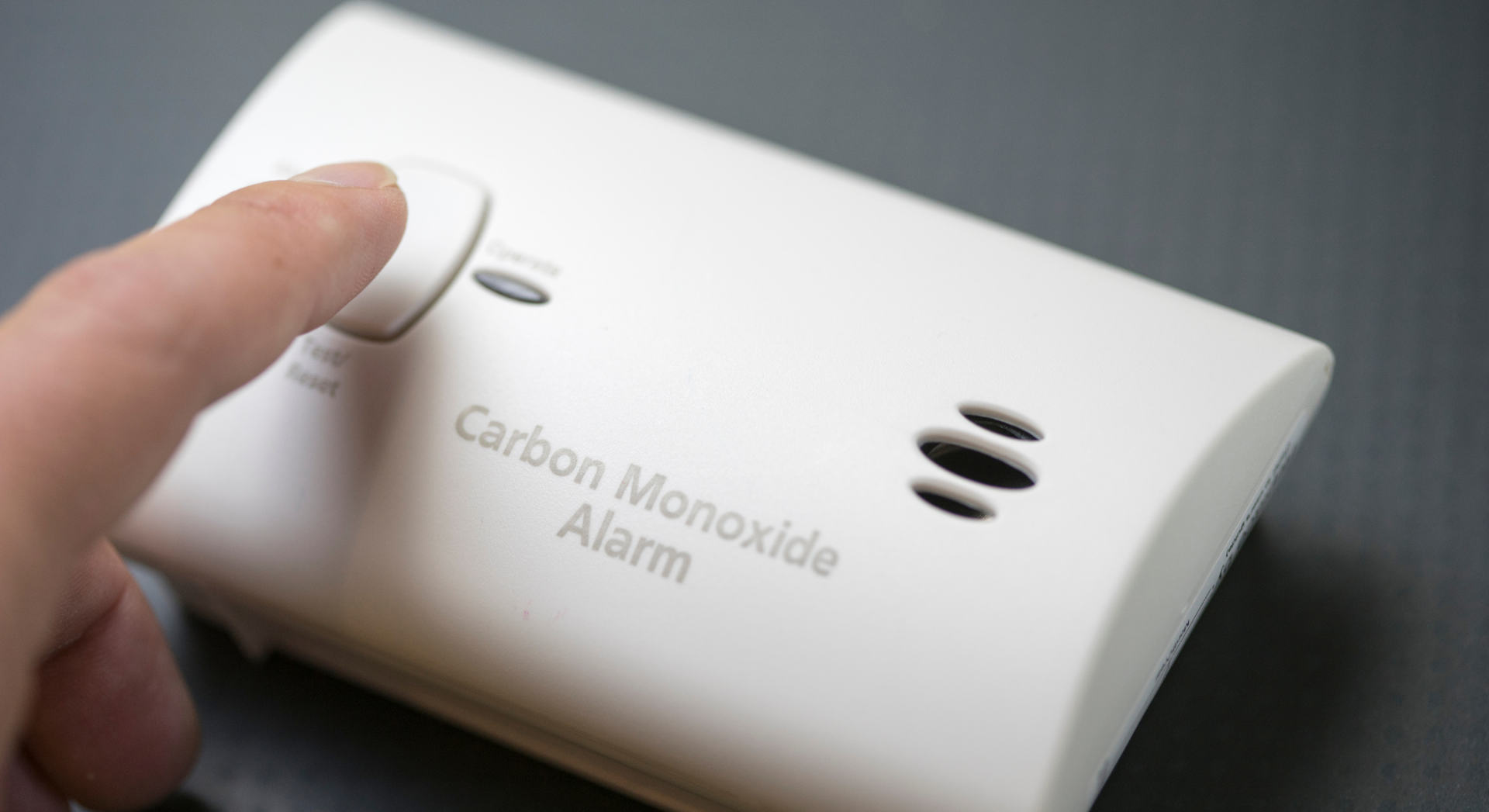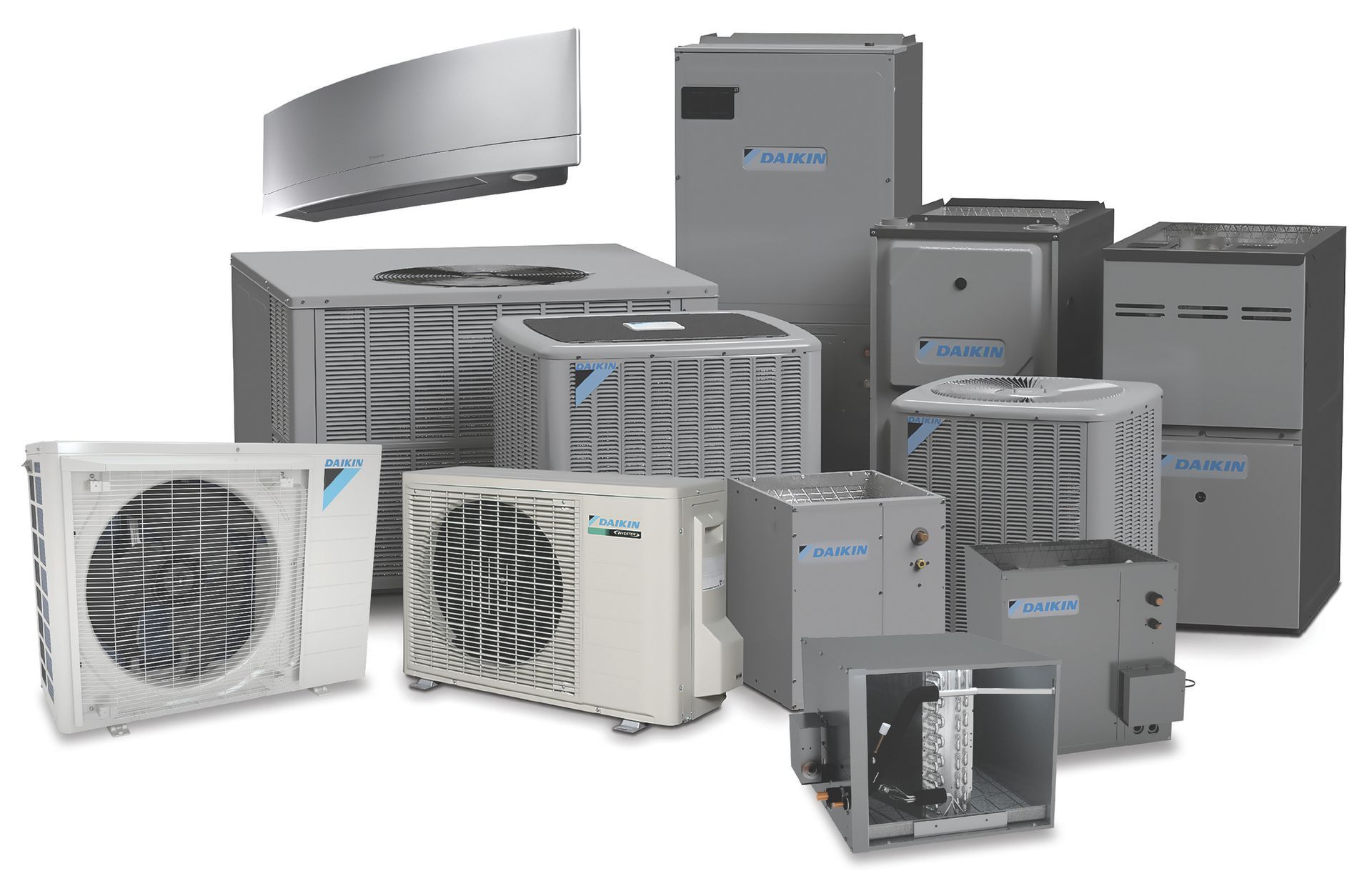The Ultimate Guide to Ductless Mini Splits
Ductless Mini-Splits: The Ultimate Guide to Zoned Comfort

Ductless mini-split systems, also known as mini-splits, are becoming a popular solution for home heating and cooling. They offer a flexible and energy-efficient alternative to traditional HVAC systems, especially in homes without existing ductwork. If you're considering a mini-split, here's a comprehensive guide to understanding how they work, where they're most useful, and what you should know before you buy.
How They Work: The Magic of Zoned Heating and Cooling
A ductless mini-split system consists of two main components: an outdoor unit and one or more indoor units. The outdoor unit, or condenser, contains a compressor that sends refrigerant through a conduit to the indoor units. This conduit, which also carries power and a drain line, only requires a small hole (around 3 inches) in your wall, making installation much less invasive than installing new ductwork.
The indoor units, typically mounted high on a wall, blow air over coils filled with refrigerant to cool or heat a specific area. By transferring heat from the inside of your home to the outside (for cooling) or vice versa (for heating), mini-splits provide precise, "zoned" temperature control. This means you can set different temperatures in different rooms, or even turn off the system in unoccupied areas, which can lead to significant energy savings.
Where Mini-Splits Are Most Convenient
Mini-splits are incredibly versatile and are the perfect solution for several scenarios:
- Homes without ductwork: If you have an older home with no central heating or cooling system, installing a mini-split is a great way to add modern comfort without the massive cost and disruption of installing new ducts.
- Room additions: They're ideal for heating and cooling new additions like sunrooms, garages, or workshops where extending your existing ductwork isn't feasible.
- Targeted comfort: You can install a mini-split to address specific problem areas in your home, like a home office that gets too hot in the afternoon or a basement that's always cold.
- Energy efficiency: Because they don't lose air through leaky ducts, mini-splits are more energy efficient than traditional forced-air systems. The ability to control individual zones also lets you avoid wasting energy on rooms you're not using.
Tips for Choosing and Buying a System
Before you purchase a mini-split, consider these key factors to ensure you get the right system for your needs:
- Sizing is crucial. The cooling and heating capacity of a mini-split is measured in BTUs (British Thermal Units). An undersized system won't effectively heat or cool your space and will overwork itself, while an oversized system will cycle on and off too frequently, wasting energy. A professional contractor can perform a load calculation to determine the correct BTU capacity for each room based on factors like square footage, ceiling height, insulation, and the number of windows.
- Single-zone vs. Multi-zone. A single-zone system has one indoor unit connected to one outdoor unit and is great for a single room. A multi-zone system uses one outdoor unit to power several indoor units, allowing you to heat or cool multiple rooms independently. The right choice depends on the number of areas you need to condition.
- Efficiency ratings. Look for systems with high SEER2 (Seasonal Energy Efficiency Ratio 2) and HSPF2 (Heating Seasonal Performance Factor 2) ratings. These ratings indicate how efficiently the system operates. The higher the number, the more energy efficient the unit is, which means lower utility bills over time.
- Consider a pro. While some "DIY-friendly" systems are available, installation is a complex job that requires specific knowledge and tools. Improper installation can lead to refrigerant leaks, electrical issues, poor performance, and even a voided warranty. This brings us to a critical point: most HVAC contractors are unwilling to service a system that was not professionally installed. The risks associated with troubleshooting a system where a mistake might have been made by the installer are too high. To ensure your system works correctly and your warranty is protected, it's highly recommended to hire a licensed professional for installation.
Summary
By doing your research and making an informed decision, you can enjoy the customized comfort and energy savings a ductless mini-split system provides for years to come.
Click Another Article to Read More










